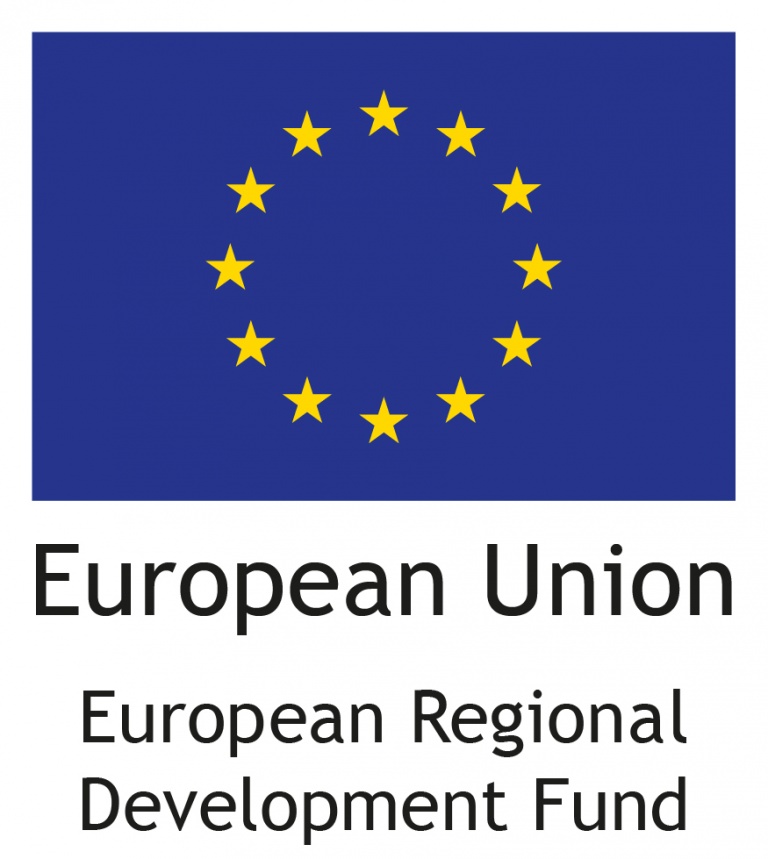Основні блоки контенту
Схема розділу
-



Intelligent Transport and Traffic Management study module
ITS solutions for traffic and safety management 3 ECTS



-
The main learning outcomes of the course are:
- Knowledge of basic ITS terminology.
- Ability to describe the structure of intelligent systems.
- Ability to analyse ITS applications and services.
- Ability to identify the main advantages when using ITS in transport management
- Know and be able to use the main EU documents in the field of ITS
- Know examples of practical use of ITS applications to improve the efficiency of transport management
- Have the skills to develop the main provisions of the ITS implementation master plan
Lecturer:
Igor Kabashkin (kiv@tsi.lv) (+371)-29215392
Transport and Telecommunication Institute Riga, Latvia
-
The purpose of this course is to introduce students to the basic elements of intelligent transportation systems (ITS), focusing on technological, systems and institutional aspects. This course is intended to introduce attendees to systems engineering and provide a basic understanding of how it can be applied to planning, designing, and implementing intelligent transportation systems (ITS) and Cooperative ITS (C-ITS) projects.
The course is designed to meet the increasing demand for transport professionals with advanced skills in sustainable, integrated and intelligent transportation systems. The course will provide you with the fundamental and advanced engineering knowledge that a modern transportation engineer needs for planning and managing the complex multi-modal transport system:
- To understand ITS conceptually as a macro traffic management system
- To appreciate the multidisciplinary aspects of ITS, what is feasible and relevant in implementing ITS from multiple contexts.
- To discuss the enabling role of technology (vehicular technology, infrastructure, information and communication technology, data processing).
- To understand the operational aspects of ITS lifecycle (conceptualization, design, project management, operations and maintenance, policy and regulation).
-